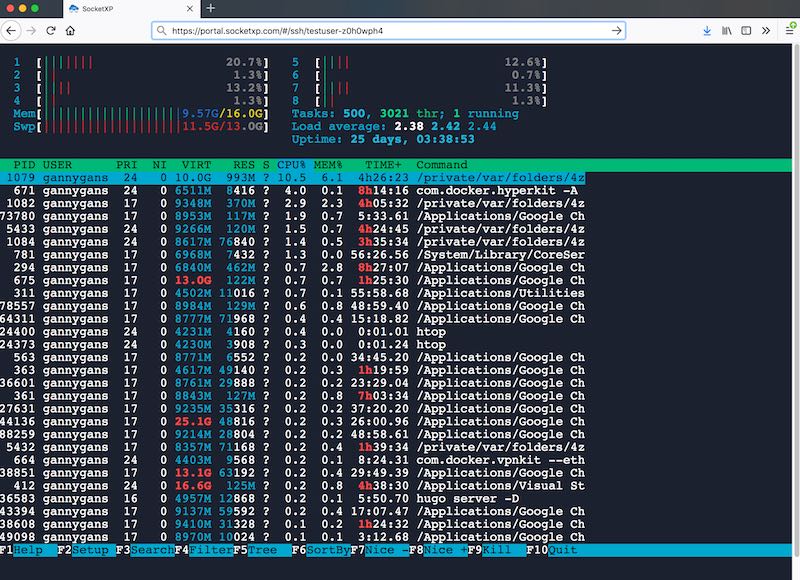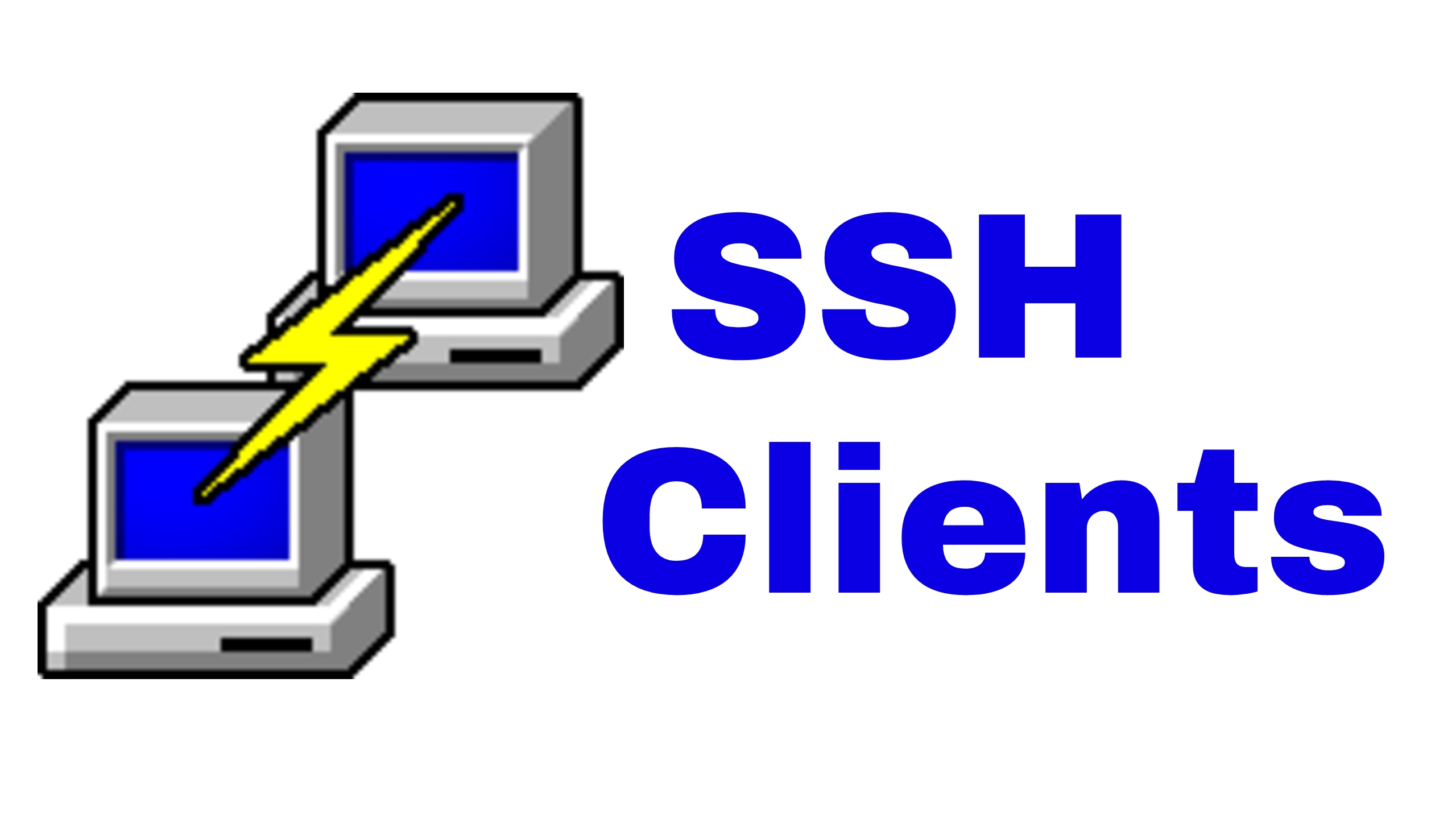Best Free SSH Remote IoT Solutions For Raspberry Pi: Guide
Are you grappling with the complexities of managing your Internet of Things (IoT) devices remotely, particularly those powered by the versatile Raspberry Pi? Finding the optimal, cost-free solution for secure remote access via SSH (Secure Shell) is not just a desirable feature; it's a necessity for efficient and secure IoT project management.
The realm of IoT has experienced an explosion of growth, with Raspberry Pi devices leading the charge in terms of accessibility and adaptability. These pocket-sized computers have become a cornerstone for hobbyists, developers, and professionals alike. Their affordability, coupled with their capacity for customisation, has made them a favourite in a wide array of projects. However, with the proliferation of these devices comes the need for efficient and secure remote management. This is where the importance of Secure Shell (SSH) protocol is highlighted.
SSH serves as the primary gateway for remotely accessing and administering your IoT devices. It provides a secure channel for tasks such as updating software, adjusting configurations, and even troubleshooting when issues arise. Nevertheless, navigating the landscape of SSH solutions can be daunting. Several tools exist, each with its own strengths and weaknesses. The key lies in identifying the most secure and user-friendly options. In this detailed guide, we will explore the best free SSH remote IoT solutions, specially tailored for the Raspberry Pi ecosystem.
Here is a table with options and information about the features of remote SSH solutions :
| Feature | OpenSSH | Dropbear | BearSSL |
|---|---|---|---|
| Description | A widely-used, open-source implementation of the SSH protocol, known for its robustness and versatility. | A lightweight SSH server and client, designed for resource-constrained environments. | A security-focused SSL/TLS library, which also supports SSH functionality. |
| Resource Usage | Moderate, suitable for most Raspberry Pi models. | Low, ideal for resource-limited devices like older Raspberry Pi models. | Moderate, with a focus on security and a smaller footprint than OpenSSL. |
| Security | Strong, with a wide range of cryptographic options. | Good, implements standard SSH security features. | Very strong, security-focused with a reduced attack surface. |
| Ease of Use | User-friendly, with extensive documentation and support. | Slightly more complex configuration, but still manageable. | More advanced configuration, potentially requiring deeper knowledge of security protocols. |
| Compatibility | Highly compatible with various systems and devices. | Compatible with a wide range of devices, including older Raspberry Pi models. | Compatible with a range of systems, focusing on security. |
| Key Management | Supports standard SSH key formats and management tools. | Supports SSH key authentication. | Requires more advanced key management. |
| Use Cases | General-purpose remote access and management. | Resource-constrained environments, embedded systems. | Security-critical applications, requiring high levels of security. |
For those seeking to understand the intricacies of remote access, SSH stands as the preeminent tool. Its capabilities allow teams to connect to any IoT device on the network, enabling tasks such as updates, configurations, and troubleshooting. However, the success of this process hinges on the selection of the right SSH client. This guide, therefore, will shine a light on the best tools.
Several SSH clients are readily available for free, yet not all meet the standards expected by modern users. Some may lack robustness or introduce potential security vulnerabilities. This article is set to address the best SSH client tools, covering options for Windows, macOS, and Linux, which are also compatible with Raspberry Pi devices.
One of the cornerstones of secure remote access is the use of SSH key authentication. Setting up SSH keys offers a robust and efficient method for managing your Raspberry Pi projects. By configuring a free SSH key, you are not only securing your connection but also simplifying the login process, which further enhances the usability of your IoT setup.
This exploration of SSH solutions is intended to give you a comprehensive understanding of the options available and to assist you in selecting the best solution for your particular needs. The objective is to provide you with a secure, reliable, and efficient remote management system, ensuring your IoT projects run smoothly without compromising performance or security.
When considering a remote SSH solution for your Raspberry Pi, you have numerous choices. Below, we examine some of the best free tools that provide outstanding features and excellent performance. Furthermore, we will delve into practical guidance on how to set up free remote IoT platforms and how to utilise SSH keys, coupled with tips to maximise your security and efficiency.
Remote access to your Raspberry Pi via SSH has become increasingly important, especially given the versatility of these devices. The security features of these tools and ease of use makes them great for this purpose. This article will explore several of the top SSH remote IoT options that are free and compatible with Raspberry Pi.
In addition to understanding various tools, we'll also examine the underlying technology that powers these solutions. SSH, or Secure Shell, is a cryptographic network protocol that offers various client options. The key is to choose the right one, and this article aims to assist you in making that choice.
The goal of this guide is to provide a clear understanding of the best free SSH remote IoT solutions. By equipping you with the necessary knowledge, you will be able to choose the right tools and processes. This will ensure the security and efficiency of your Raspberry Pi-based IoT projects. We aim to provide a detailed overview of the available tools, their features, and how they can be deployed to enhance your IoT setup.
When choosing an SSH remote IoT tool for your Raspberry Pi, the options can be overwhelming. However, several free tools stand out due to their robust features and performance. To give you a clearer picture, we will explore some of the best free options, providing insights into their capabilities and how they can benefit your projects. Our focus is on delivering a seamless and secure remote access experience.
The significance of SSH in managing IoT devices, especially those powered by Raspberry Pi, cannot be overstated. Ssh (secure shell) has become an essential tool for managing iot (internet of things) devices, especially when using a raspberry pi. It provides secure access to manage your devices effectively. By understanding these tools and implementing best practices, you can greatly enhance your IoT setup, and the aim of this guide is to provide the essential tools and knowledge to achieve that.
This comprehensive guide goes beyond simply listing options; it provides a deeper understanding of the tools and the protocols that make them work. This ensures that you are well-equipped to manage your IoT devices remotely.
The benefits of using remote SSH for IoT devices are many. By using remotely SSH, teams can hop on to any IoT device in the network and handle tasks such as updates, configurations, and even troubleshooting if something goes wrong. This makes it easier to manage and maintain your devices, improving their overall performance and reliability.
In exploring the landscape of remote access solutions for your Raspberry Pi, one key aspect is the integration of SSH with a virtual private cloud (VPC). Remote IoT VPC SSH provides a powerful solution for securely managing IoT devices in a virtualised environment. The advantage lies in the enhanced security and control offered by isolating your devices within a VPC, which is especially crucial for sensitive applications.
Understanding the nuances of SSH, including the different client options available, is crucial. SSH is a cryptographic network protocol that provides various client options. You need to be informed about the different clients in order to make an informed decision about which is best for your project.
This guide walks you through everything you need to know about the best SSH remote IoT free solutions for Raspberry Pi. We provide a detailed overview of the available tools, and how to secure and use them. This includes how to configure SSH keys, implement best practices, and tips to optimise your remote management processes. The aim is to offer you the knowledge and resources to make remote management both efficient and secure.
We will highlight the critical role of SSH key authentication in securing your Raspberry Pi projects. Setting up SSH key authentication is a secure and efficient method to manage your projects. This article will give you a step-by-step guide to generating and using SSH keys, with recommendations on key management and security practices. This ensures your remote access setup is not only easy to use but also resistant to unauthorised access.
In addition to the best free tools, we will examine several of the most important SSH clients available. This exploration will include a discussion of their strengths and weaknesses, and how they cater to different user needs. This article is designed to assist you in choosing the perfect SSH client for your project, ensuring the best possible remote access experience.
The ultimate goal is to enable you to confidently and securely manage your IoT devices remotely, by focusing on the best SSH remote IoT free solutions. The aim is to provide the security and reliability to manage your IoT devices without compromising performance or resources. From installation to optimisation, we'll walk you through every step, guaranteeing you have all the tools and knowledge necessary for a successful remote access setup.


